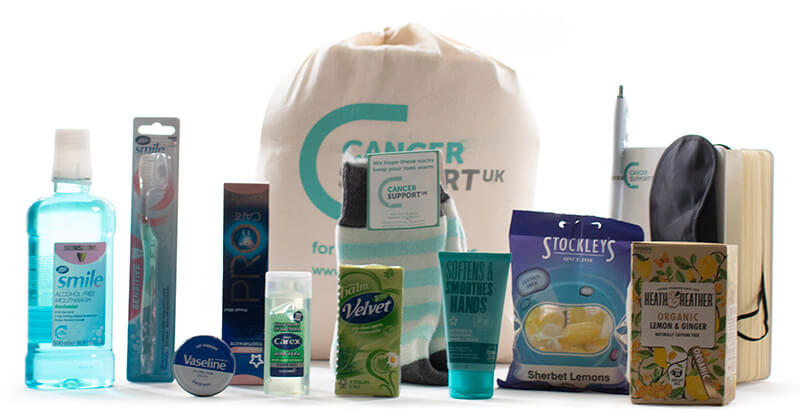
Baby Melody is enchanted by her cute Cuddles bear, which comforts and entertains her while in hospital
When four-month-old Melody developed what seemed like an ordinary cold in April 2025, her parents Rachel-Elizabeth Hewitt and Kevin Aggett expected a few days of snuffles and discomfort. But when her breathing became laboured and she struggled to feed, they rushed her to hospital – unaware of the devastating news that lay ahead.
Within hours, doctors revealed that Melody had acute myeloid leukaemia (AML), a rare and fast-developing blood cancer affecting around 100 children and young adults every year in the UK. She was immediately transferred to paediatric intensive care in Southampton, where she began emergency treatment, including chemotherapy, blood and platelet transfusions.

Melody has an extremely rare type of fast-developing blood cancer, which affects around 100 children and young adults diagnosed each year in the UK
Later, she was transferred to Great Ormond Street Hospital for a bone marrow transplant, which is where she is currently receiving treatment.
Despite undergoing intense and often distressing treatment, Melody has continued to smile and giggle – a resilience her family describes as remarkable.

Rachel and her partner Kevin are very grateful to everyone who donates to send Cuddles bears to children with cancer in hospital, like Melody
But among the intensive treatment and hospital routines, one small source of comfort has made a big difference – Cuddles, a special Warmies® heatable teddy bear, provided through Cancer Support UK’s Cuddles for Christmas appeal. The soft toy has offered Melody much-needed reassurance during long hospital stays, and her parents say it has helped lift her spirits during an unimaginably difficult time.
“This warmable bear is wonderfully comforting and brings a smile to Melody’s face,” says Rachel. “It’s the perfect size for her and we are so grateful to everyone who donated and ensured Melody received her cute ted. It’s been a godsend at this difficult time.”

Melody was just nine months old when she was diagnosed with leukaemia
Read Melody’s full story here.
Across the UK there will be thousands of children being treated for cancer this Christmas. Hospital is no place for a child to spend Christmas – it can be a traumatic experience – yet there is no other choice than to stay in hospital while they are receiving cancer treatment. This is why Cancer Support UK wants to deliver 1,200 cuddly sensory Warmies® teds to children’s cancer wards across the UK by 21 December. The charity is asking as many people as possible to support their Cuddles for Christmas campaign by making a donation to help deliver a very special bear to a child undergoing surgery and treatment in hospital. Donations can be made to the campaign here: https://campaigns.cancersupportuk.org/donate-cuddles-for-christmas/

Acute Myeloid Leukaemia is an extremely rare type of fast-developing blood cancer, which affects around 100 children and young adults diagnosed each year in the UK
Mark Guymer, CEO of Cancer Support UK, said:
“These bears are so much more than soft toys – they’re special lavender-scented sensory teds that can be gently warmed in a microwave. Their comforting weight and soothing warmth provide a sense of calm and reassurance for children facing the challenges of cancer treatment.
“For a child spending Christmas in hospital, treatment can be a frightening and isolating experience. A warm cuddle from one of our bears can help ease stress and anxiety, offering a moment of comfort and care when it’s needed most.
“This year, we’re aiming to send 1,200 Cuddles bears to children’s cancer wards across the UK. It’s an ambitious appeal, but with the public’s support, we can make sure that every child facing cancer this Christmas receives a bear and knows that someone is thinking of them.”
“Every single generous donation will help us send Cuddles bears to children in hospital with cancer across the UK, bringing them warmth and comfort at a difficult time.
“We don’t receive any government funding, and demand for our services continues to grow, which is why public support makes such a difference.”



